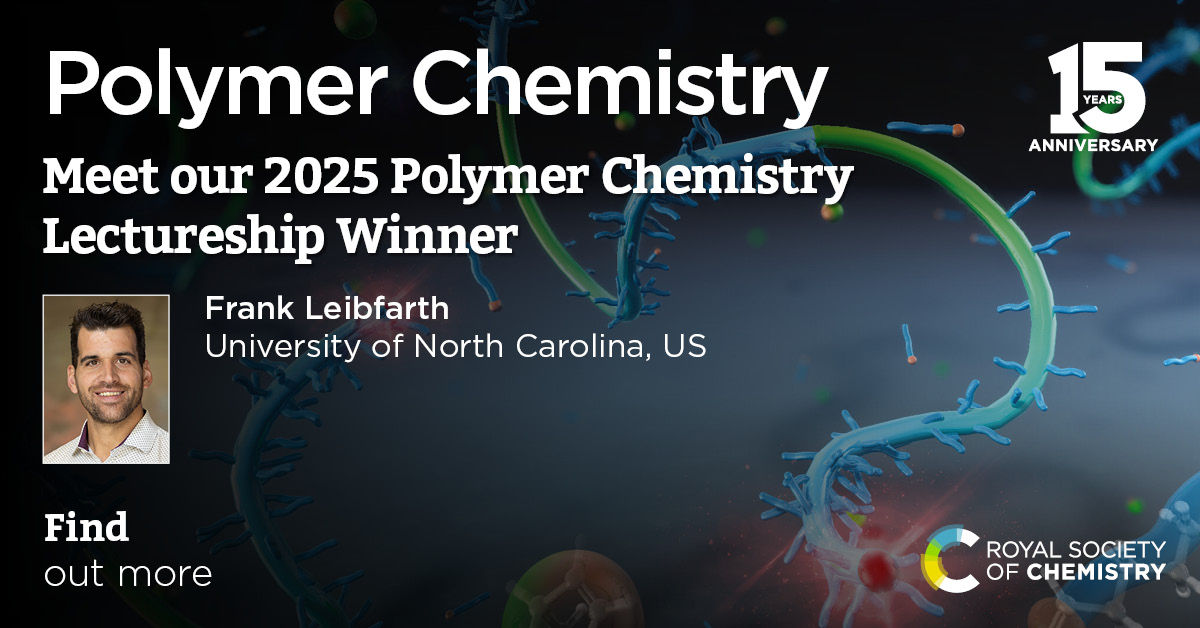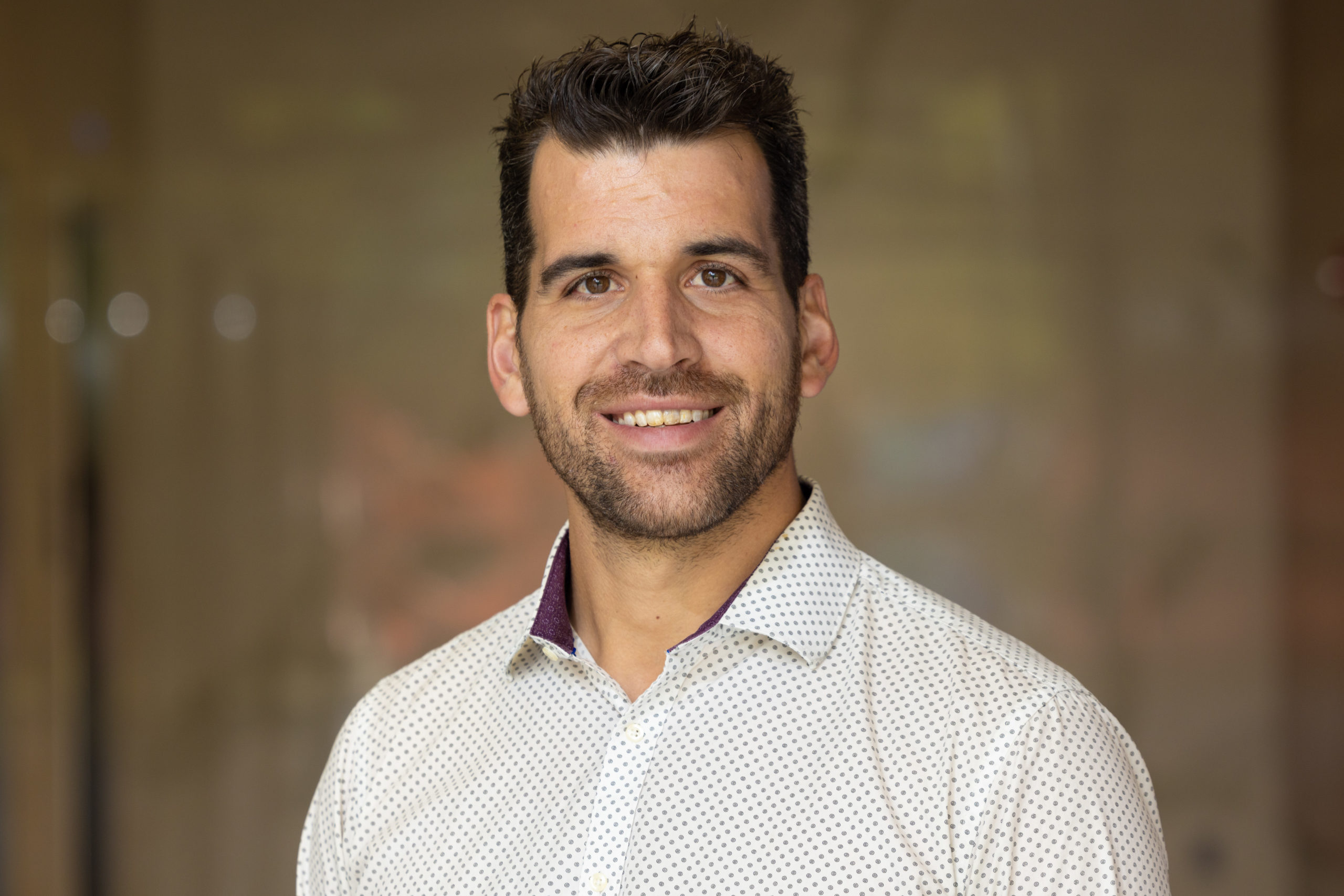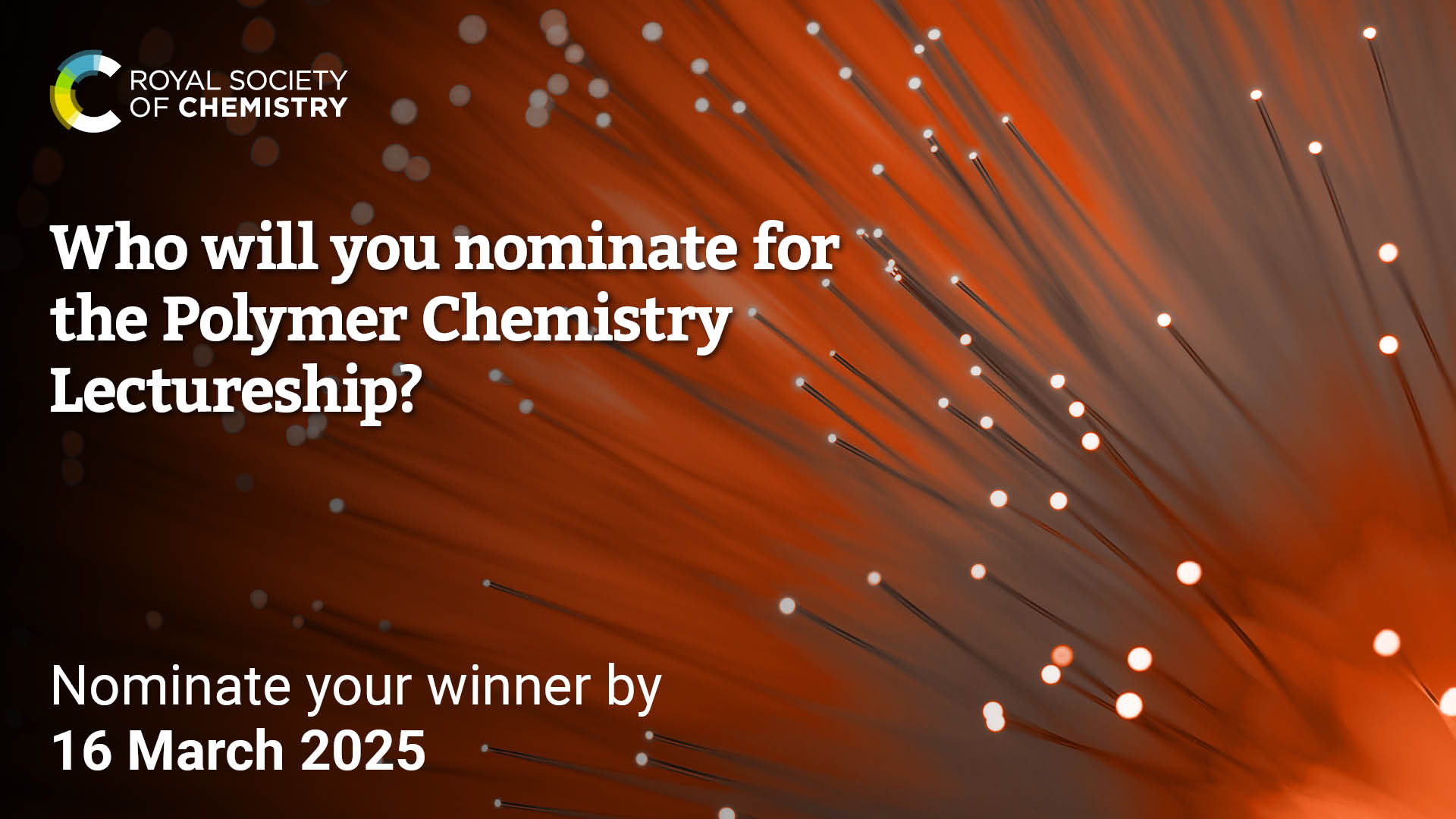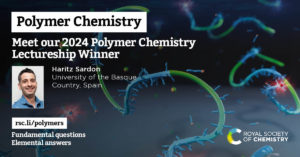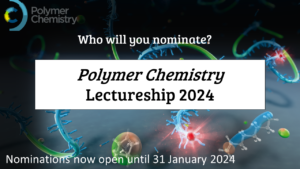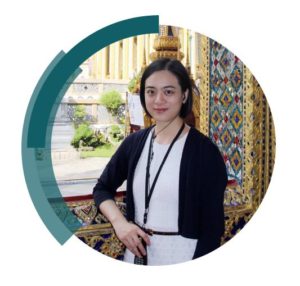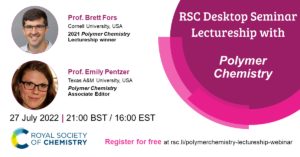Do you know an early-career researcher who deserves recognition for their contribution to the polymer chemistry field?
Polymer Chemistry is pleased to announce that nominations are now being accepted for its 2026 Lectureship award and will close on 31 January 2026. This annual award was established in 2015 to honour an early-stage career scientist who has made a significant contribution to the polymer field.
Eligibility
To be eligible for the lectureship, candidates should meet the following criteria:
- Be an independent researcher; PhD students and postdoctoral research associates are not eligible
- Be actively pursuing research within the polymer field, and have made a significant contribution to the field
- Be at an early stage of their independent career (this should typically be within 12 years of attaining their doctorate or equivalent degree, but appropriate consideration will be given to those who have taken a career break, work in systems where their time period to independence may vary or who followed an alternative study path)
- Have a publication as a corresponding author in Polymer Chemistry within the 3 years prior to the nomination deadline
How to nominate
Nominations must be made via email to polymers-rsc@rsc.org, and include the following:
- The name, affiliation and contact details of the nominee, nominator and referee
- An up-to-date CV of the nominee (1 -3 A4 page maximum length)
- A letter of recommendation from the nominator (500 words maximum length). The relationship between nominator and nominee should be stated in the letter.
- A supporting letter of recommendation from a referee (500 words maximum length). This could be from the nominee’s academic mentor, colleague, or PhD or postdoctoral research supervisor for instance. The relationship between referee and nominee should be stated in the letter.
- The nominator must confirm that to the best of their knowledge, their nominee’s professional standing is as such that there is no confirmed or potential impediment to them receiving the Lectureship
Please note:
- Self-nomination is not permitted
- The nominee must be aware that they have been nominated for this lectureship
- Previous winners and current Polymer Chemistry Editorial Board members are not eligible
- As part of the Royal Society of Chemistry, we have a responsibility to promote inclusivity and accessibility in order to improve diversity. Where possible, we encourage each nominator to consider nominating candidates of all genders, races, and backgrounds.
Selection
- All eligible nominated candidates will be assessed by a judging panel made up of the Polymer Chemistry Editorial Board, any Editorial Board members with a conflict of interest will be ineligible for the judging panel.
- The judging panel will consider the following core criteria:
- Excellence in research, as evidenced in reference to originality and impact
- Quality of publications, patents or software
- Innovation
- Professional standing
- Independence
- Collaborations and teamwork
- Evidence of promising potential
- Other indicators of esteem indicated by the nominator
- In any instance where multiple nominees are judged to be equally meritorious in relation to these core criteria, the judging panel will use information provided on the nominee’s broader contribution to the chemistry community as an additional criterion. Examples of this could include: involvement with RSC community activities, teaching or demonstrating, effective mentorship, service on boards, committees or panels, leadership in the scientific community, peer reviewing, promotion of diversity and inclusion, advocacy for chemistry, public engagement and outreach.
Previous winners
Frank Leibfarth, 2025 Lectureship winner
2025 – Frank Leibfarth, University of North Carolina, USA
2024 – Haritz Sardon, University of Basque Country, Spain
2023 – Miao Hong, Shanghai Institute of Organic Chemistry, China
2022 – Dominik Konkolewicz, Miami University, USA
2021 – Brett Fors, Cornell University, USA
2020 – Rachel O’Reilly, University of Birmingham, UK
2019 – Frederik Wurm, University of Twente, Netherlands
2018 – Cyrille Boyer, University of New South Wales, Australia
2017 – Julien Nicolas, Université Paris Sud, France
2016 – Feihe Huang, Zhejiang University, China
2015 – Richard Hoogenboom, Ghent University, Belgium
Nominations deadline: 31 January 2026













